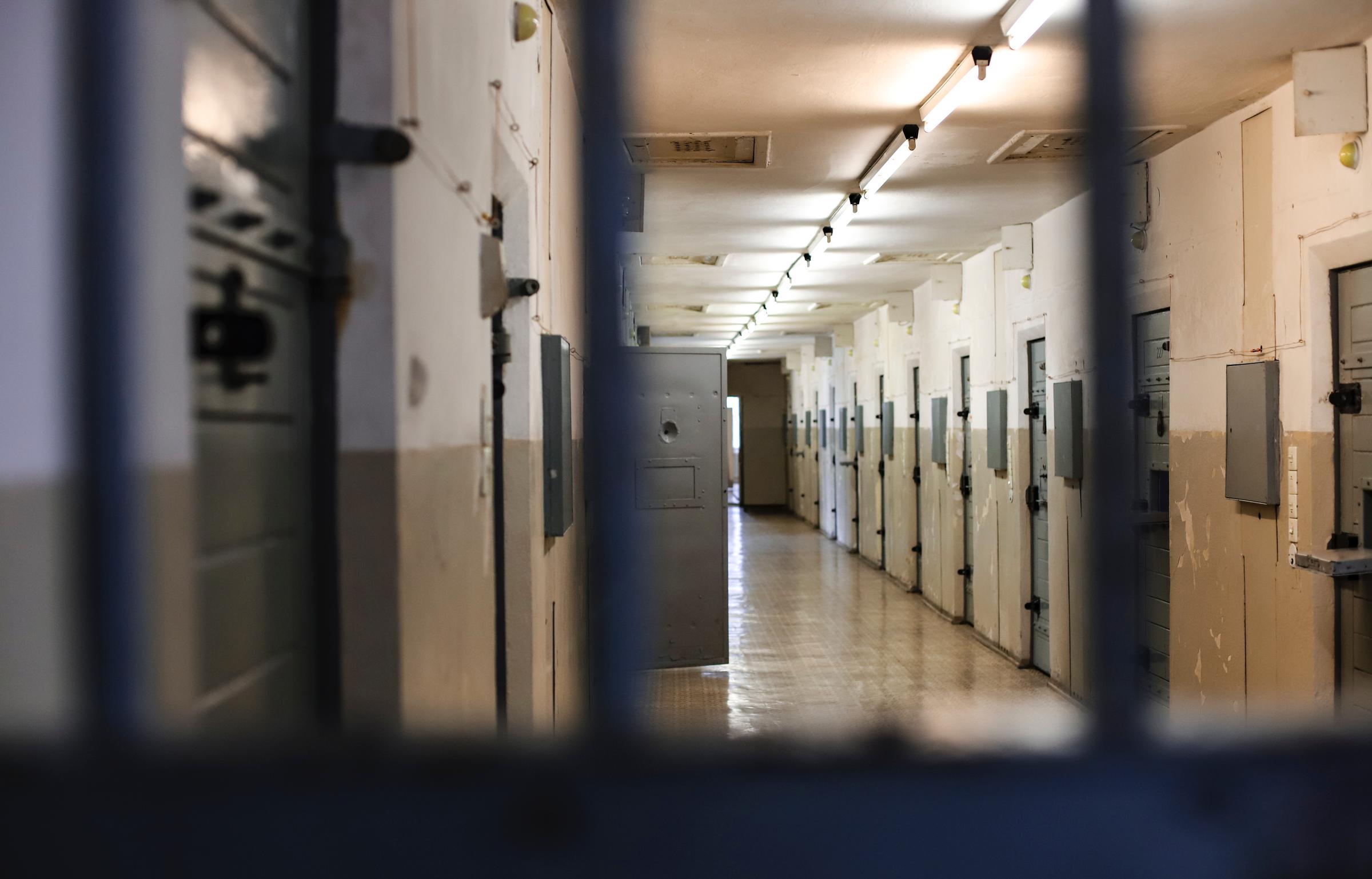Florida’s prisons need immediate COVID-19 relief

After resisting calls for transparency from advocates, lawmakers and the media, the Florida Department of Corrections (FDC) has finally released data on the spread of COVID-19 in Florida’s prisons.
The FDC, which oversees about 94,000 inmates across 145 prisons, has detected COVID-19 in 54 prisons, according to numbers it put out Monday. Eighty-four prison staffers have tested positive, while over 4,300 inmates are currently in medical quarantine or isolation due to exposure to the virus. Four inmates have died.
There’s reason to believe that the spread of the virus is much wider than the official numbers released by the FDC. Only 378 inmates have been tested so far, and of the 279 completed tests to date, 42 percent have come back positive, compared to only 10 percent for the state of Florida as a whole.
For the thousands of people living in Florida’s prisons, their judgments have already been served. None of them were given a death sentence. They deserve to be kept safe from this virus, just like everybody else.
For Florida’s correctional staff, meanwhile, outbreaks in prisons could lead to outbreaks in the wider community. Without proper protection and containment, exposed staff could spread the virus to their households and neighborhoods.
The spread of COVID-19 in prisons is an urgent moral and public health issue that merits a swift response. Past experience, however, raises doubts about whether Florida’s prison system is up to the task of containing COVID-19.
Florida’s prisons have long shown a perverse pattern of medical neglect toward their inmates. A federal judge ruled in 2017 that the FDC was “deliberately indifferent to the serious medical needs” of prisoners with hepatitis C. As many as 40 percent of inmates had the illness that year, according to FDC estimates, and yet only 13 inmates in total received treatment.
On top of this neglect is overcrowding and understaffing that left Florida’s prisons mismanaged long before COVID-19 arrived. Last year, Florida Corrections Secretary Mark Inch testified to the state Legislature that over the last 10 years, staff in Florida’s prisons were cut by 3,600, forcing the state’s 24,000 employees to work 12-hour shifts with little support. Turnover has increased dramatically since 2010 and most prison guards are new, with about half having less than two years of experience, according to Inch’s testimony.
Florida’s prisons, in sum, are poorly equipped to handle their ongoing outbreak of COVID-19, and without additional support, many lives remain at risk.
The path forward from this situation is clear. To free up space and allow for social distancing, the FDC must release nonviolent and elderly offenders, who pose no threat to others. New York, Illinois and California, three states with comparably large prison systems, are also already releasing hundreds of low-level offenders to reduce overcrowding. Florida can do the same.
Before COVID-19, 17 states also passed laws allowing the conditional release of elderly inmates. Alabama, for instance, lets prisoners as young as 55 petition for release. Florida could implement a similar policy.
To prevent spread into the broader community, meanwhile, FDC must provide emergency staff and hazard pay to Florida’s prison workforce, with expanded testing for prisoners and workers.
None of these propositions are radical, especially not in a crisis situation. Gov. Ron DeSantis announced on Friday that the state has received $4.1 billion from the federal government for coronavirus relief, and federal lawmakers have signaled that more help is on the way. As an urgent threat to public health, Florida’s prison outbreak is a textbook case for where this money is needed.
State officials have spent long enough turning a blind eye to the deep-rooted problems in Florida’s prison system. With COVID-19’s arrival, they can’t afford to ignore them any longer.
Nathaniel Sweet is a senior majoring in political science.







